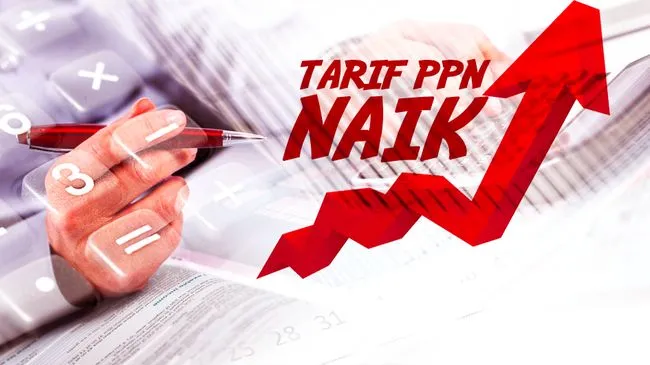UNAIR NEWS – The government will again increase the Value Added Tax (VAT) to 12 percent in 2025. The increase is included in the mandate of Law No. 7 of 2021 on the Harmonization of Tax Regulations (HPP Law), passed by the House of Representatives (DPR) on October 29, 2021.
Responding to the plan, Universitas Airlangga’s economist Prof. Dr. Sri Herianingrum, S. E., M.Sc said that the tax hike will increase government revenue. However, it also has the potential to reduce microeconomic activity.
“The impact will be felt in the production process with additional costs. This will likely reduce the company’s profitability,” she said.
Impact on the current economy
Currently, economic conditions are already experiencing instability, especially in terms of prices of basic commodities, which have increased significantly. The VAT hike will further aggravate the situation, especially for the lower middle class who have already been affected by the previous increase in the prices of basic staple goods.

“There is a hike in the price of some basic commodities such as rice and cooking oil. It can put additional pressure, especially on the lower middle class who will feel the impact directly,” she said.
Disrupted investment
Prof. Sri also emphasized that the VAT hike impact would also be felt at the investment level. Businesses, especially small and medium enterprises, are expected to experience an increase in production costs. In the end, it may reduce their competitiveness and profitability. v
“Investment also has the potential to decline due to an increase in production costs and a decrease in demand for goods and services,” she said.
Decreased purchasing power and consumer habits
Furthermore, the VAT hike will have an impact on individual consumer behavior. Reduced purchasing power due to the increase in the price of goods will lead to a decrease in public consumption, especially among the low to middle income groups. This may reduce their savings for the future and narrow the economic space of the community.
“Keep in mind that the impact on the micro-economy and consumer behavior must be thoroughly considered. A detailed evaluation is needed to understand the impact and consider policy alternatives that can reduce the economic burden on vulnerable communities,” she concluded.
Author: Rosali Elvira Nurdiansyarani
Editor: Feri Fenoria (RF/AP)
Read also:
UNAIR Economist responds to fuel tax hike
UNAIR Economist says entertainment tax hike improves regional revenue









